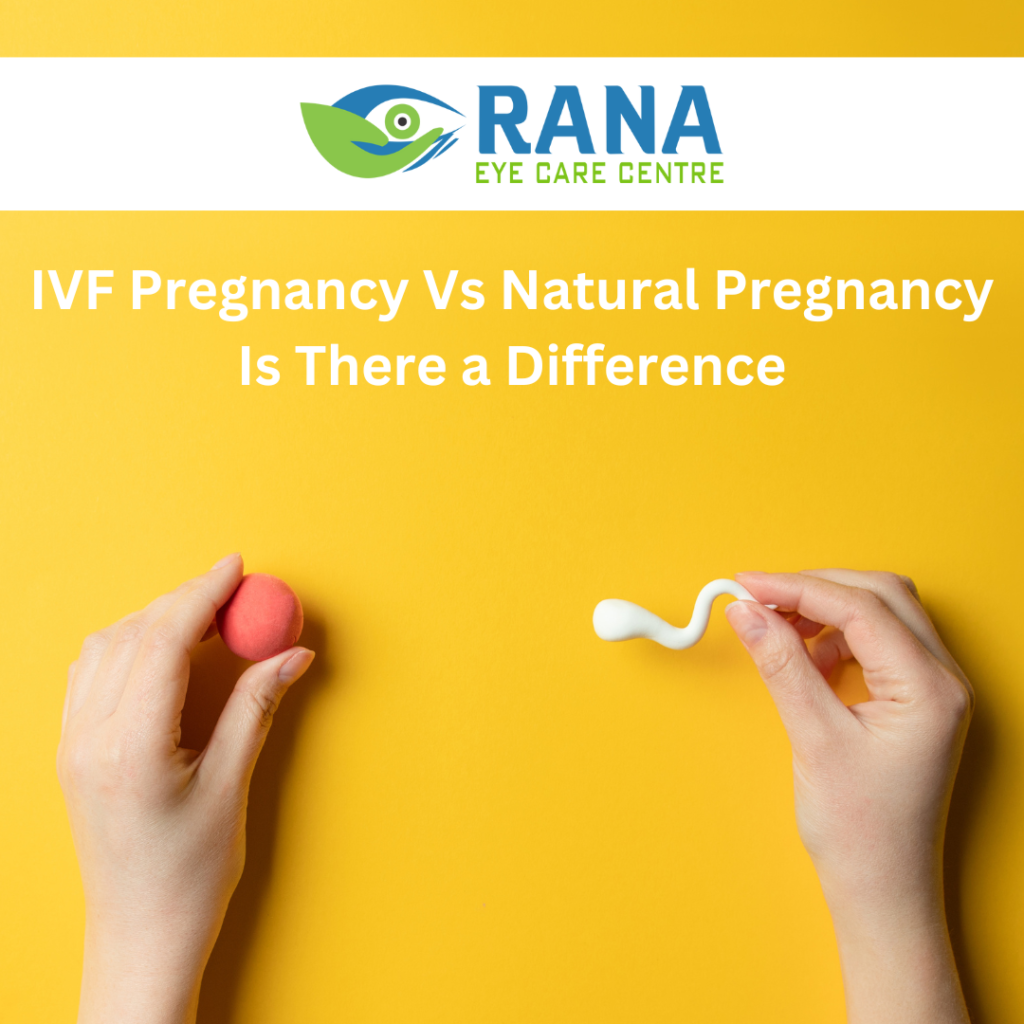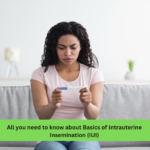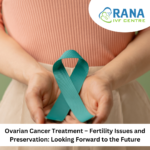IVF Pregnancy Vs Natural Pregnancy – Is There a Difference
Patients who have undergone IVF and had success may be curious about the outcomes of an IVF pregnancy. Some women worry that the differences between the assisted reproductive technology (ART) method and the “natural” conception will persist throughout the pregnancy.
For the vast majority of women, the answer is no; during the initial stages of pregnancy, IVF is no different from a “regular” pregnancy in any way that can be measured. No matter the method of conception, every woman and her pregnancy are special. Keeping this in mind, let’s analyze the course of a “typical” IVF pregnancy.
What are the key distinctions between a natural and an IVF pregnancy?
Whether the conception was assisted by science or occurred naturally, each pregnancy brings physical and emotional challenges. Several misunderstandings about women who have conceived through in vitro fertilization (IVF) and undergone infertility treatment need to be dispelled.
Patients undergoing in vitro fertilization must take considerable precautions before implanting fertilized eggs. This information is crucial for telling an IVF pregnancy apart from a natural one. The absence of a menstrual period is often the first sign of pregnancy. If you decide to have an IVF pregnancy, you will need to start receiving prenatal care as soon as possible.
You will be encouraged to continue hormone medication to maintain your pregnancy, but other than that, an IVF pregnancy is quite similar to a natural one. The potential dangers you encounter are condition-specific. Age, endocrine function, anatomy, and immunology are all factors that can have an impact on a pregnancy.
IVF Pregnancy:
Patients believe their pregnancies are valuable and high risk because IVF is a complex treatment, and the stakes are constantly high for them. Patients are not the only ones with this point of view; some doctors actively encourage it by suggesting overly cautious measures like bed rest and a battery of diagnostic testing.
To guarantee IVF pregnancy success, some doctors may convince their patients to undergo unnecessary tests and scans. Too many tests can cause emotional and financial stress, which might create patient issues. Many of them would choose for C-Sections rather than regular vaginal deliveries, too, for no justifiable reason.
Conclusion:
There are no distinctions between a pregnancy achieved naturally and through assisted reproductive technologies like IVF. Fetal development will continue normally after embryo transfer. When utilizing fertility therapy, there is no increased danger of having a child with a congenital disability or miscarriage. Rana infertility center is one of the best IVF centers. These issues appear to be more associated with the underlying cause of infertility (women over 40, uterine anomalies, and other illnesses) than fertility therapies. Pregnancies of this nature require close surveillance.






No Comments